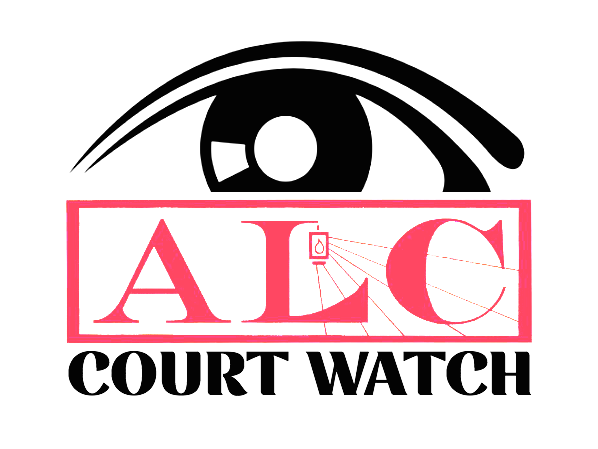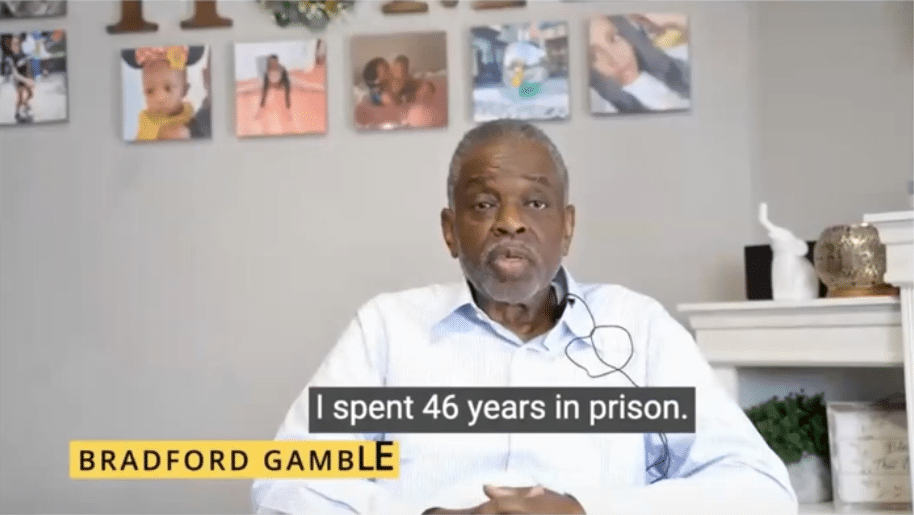by Nasrin Nahnooch, ALC Court Watch Intern
Medical transfer, otherwise referred to as “compassionate release”, is a Pennsylvania state statute meant to help those who are at the end of life and incarcerated in PA prisons to return to their communities to access more appropriate medical care. This statute makes liberation from prison possible when someone is serving a state sentence in Pennsylvania, and the individual is given a terminal diagnosis and has less than a year to live.
The statute is meant to provide terminally ill elders access to care that is more compassionate and affords them more dignity. This statute attempts to address the looming crisis caused by the growing population of elders incarcerated from overly harsh sentencing practices from the 1970s and the 1980s through today. Providing assistance to elders in the PA Dept. of Corrections (DOC) through compassionate release is a racial justice issue, as death-by-incarceration sentences are disproportionately given to Black and brown Pennsylvanians. The law is meant to remedy the crisis of those aging behind bars, helping those most vulnerable by transferring them into a facility or home hospice when they are terminal. But the law falls short of actually being able to assist many people.
Who Qualifies For The Medical Transfer Statue?
There are two ways to petition for relief under the Medical Transfer Statue 42 PA C.S. 9777: relief under (a)(1), and relief under (a)(2).
- Relief under (a)(1) requires the individual to be seriously ill and not expected to live for more than one year, have no detainers, and be required to be placed in a hospital or long-term nursing facility.
- Relief under (a)(2) requires the individual to be eligible for licensed hospice care, not ambulatory, and likely to die in the near future.
“Likely to die in the near future” refers to a prognosis stating the individual has less than a year to live, while hospice facilities are meant for individuals who are terminally ill and meet eligibility requirements for hospice care. The courts will consider other factors before granting the petition such as the “undue risk of escape or danger to the community” the individual would pose if released.
Why Is This Matter Vital?
We believe that all humans, including those incarcerated, have inherent dignity and value, which is undermined in our prison systems, especially with our most medically vulnerable. Individuals are always shackled in outside hospitals even when receiving vital care, stripping incarcerated individuals of their dignity. Families of these individuals are often permitted only one end-of-life visit, and pain management is frequently deplorable and inadequate.
Although the law allowing for compassionate release was passed in 2009, by our estimation only about 55 people have had their petitions granted and returned home. ALC has helped bring home at least 20 of those in the last two years.
The lack of releases are related to incarcerated individuals lacking access to counsel, access to medical professionals (who can provide a prognosis to aid their petition), access to facilities, and an awareness that this law even exists.
Families should be able to care for their incarcerated loved ones, who pose a low risk to public safety and who should be able to seek the personal comfort of family at the end of their lives. Medically ill and elderly incarcerated individuals require more appropriate medical care than prison can provide, and they deserve dignity.
Learn more:
A Call for Greater Compassion: How Pennsylvania’s Compassionate Release Statue Reinforces Cruelty – Abolitionist Law Center, December, 2024.

